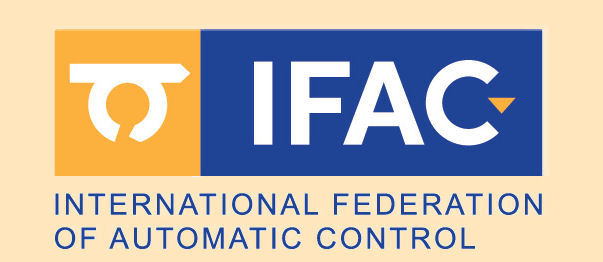| Paper FrPL.2
Mutti, Andrea (University of Padova), Varagnolo, Damiano (NTNU - Norwegian University of Science and Technology)
A Dynamic Prioritization Algorithm for Digital Concept Mapping Games
Scheduled for presentation during the Plenary Session "Plenary lecture: Damiano Varagnolo -†Experimental labs/virtual labs in control" (FrPL), Friday, June 20, 2025,
09:30−10:00, Room F09
14th IFAC Symposium on Advances in Control Education, June 17-21, 2025, Budapest, Hungary
This information is tentative and subject to change. Compiled on June 20, 2025
|
|
| Keywords E-learning in control engineering, Gamification in control education, Teaching aids for control engineering
Abstract
We consider the problem of optimizing the time-aspect of the user experience of learners that use digital mapping games for enhancing their metacognition levels about some specific material. More precisely, we assume that students shall perform mapping tasks using an IT tool that asks users to visually organize some specific logical relations among course topics. The goal of the learners is to ideally reconstruct a map that their teacher built beforehand as a reference one. To do so, they interact with a graphical user interface that displays a subset of topics within the course, and asks them to establish connections between such topics. While doing so, the tool collects quantitative information about their understanding of the logical organization of the course content. The paper focuses then on presenting a prioritization algorithm that dynamically selects which concepts are displayed to the users as they are playing the game. The algorithm tries to make students perform maximally informative tasks, and assigns priority scores to each concept by integrating hierarchical factors (such as node depth, number of child nodes, and a leaf factor) with weights that capture the significance of different types of relationships (e.g., necessary, important, useful). These scores are iteratively updated based on the input of the user, ensuring that the most relevant and informative topics are presented throughout the session. Field tests with engineering students demonstrate that the mapping game not only aids in visualizing complex interrelationships among concepts but also promotes active metacognitive engagement. The prioritization algorithm, with its modular and scalable design, effectively supports real-time adaptation to student feedback and the evolving structure of the reference map. This integrated framework thus offers a promising tool for both enhancing learning outcomes and providing educators with quantitative insights into studentsí conceptual understanding. We thus also show that the dual objectives of the mapping game and its underpinning prioritization algorithm achieve a synergistic approach useful to interactive learning, and improve traditional study methods with a dynamic educational experience.
|
|


 This site is protected by copyright and trademark laws under US and International law.
This site is protected by copyright and trademark laws under US and International law.